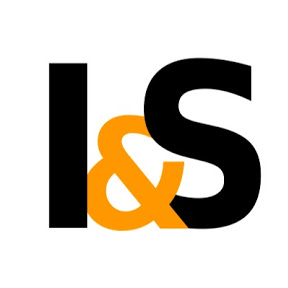Projects developed in the research area in Informatics and Society can be allocated in one or more of the broad topics below:
-
Cyberspace and new sociabilities
This topic gathers teaching-research-extension projects that deal with the production of new modes of existence made possible by cyberspace, seeking to understand their construction, regulation, support and maintenance through the investigation of issues such as cyber-science, cyberspace architecture, network neutrality, cyberattacks, network regulation, new modes of production and journalistic and cultural circulation, new forms of encounter and relationship, new educational possibilities, e-commerce, telecommuting, online games, computing in the cloud, among others.
-
Education and Information and Communication Technologies (ICTs)
This topic gathers education-research-outreach projects that addresses as the main question the links between ICTs - Information and Communication Technologies and educational processes, in formal spaces of education as well as informal ones, with emphasis in: educational practices (from preschool to graduate studies); introduction of young middle and high school students to programming skills and arts; professional education in computing; educational policies.
-
Gender, ethnic-racial relations and ICT
This topic gathers teaching-research-outreach projects that address the relationship between Information and Communication Technologies (ICT) and the issues of gender, feminism, Afro-Brazilian studies, Panafrican studies, Afroncentricity and indigenous populations.
-
Histories of Computing
It brings together teaching-research-extension projects that address the informatics history and related sciences, emphasizing on Brazilian and Latin-American cases and experiences, following facts and artifacts construction from a sociotechnical perspective, seeking to trace the tortuous and unpredictable paths and relationships involved with the construction of entities such as computational artifacts, theories, institutions, pioneer researchers and so on.
-
Digital social currencies and community banks
This topic gathers education-research-outreach projects that address the solidarity finance field concerning community banks practices and their social currencies, especially those special purpose money that are born or become digital, facing challenges that involve the governance of their requirements, circulating data, software source codes, platform management, and financial appropriation of wealth.
-
Public interest policies and Information and Communication Technologies (ICT)
This research topic comprises teaching-research-outreach projects that address the major strategies involved in the formulation of national and international ICT-related policies as well as the use of ICTs in specific initiatives in the industrial, governmental, service, agricultural and livestock sectors, governmental organizations, social movements, among others.
The emphasis is on Brazilian and Latin American reality, seeking to cover research projects on the relationships that interweave ICTs to public interest and sectoral policies in diverse contexts.
-
Software dedicated to social movements and solidarity economy
This topic gathers education-research-outreach projects that are permeated by democratic practices beyond the traditional electoral and political parties frameworks, where software is a relevant actor for social movements, as in associative/solidarity economy/self-managed collectives, investigating topics such as free software, management of commons and platform cooperativism, among others.
-
A sociotechnical perspective on software
This topic gathers teaching-research-outreach projects that address the possibilities and potentialities of the sociotechnical perspective on software, from its conception and development to its circulation and adoption, without fragmenting it into "technical aspects" on one hand, and "non- technical" on another, aiming not to disfigure the"seamless cloth" that imbues, in the the software, the technical and the social in the same undivided fabric.
For more information on the research area, return to research.

